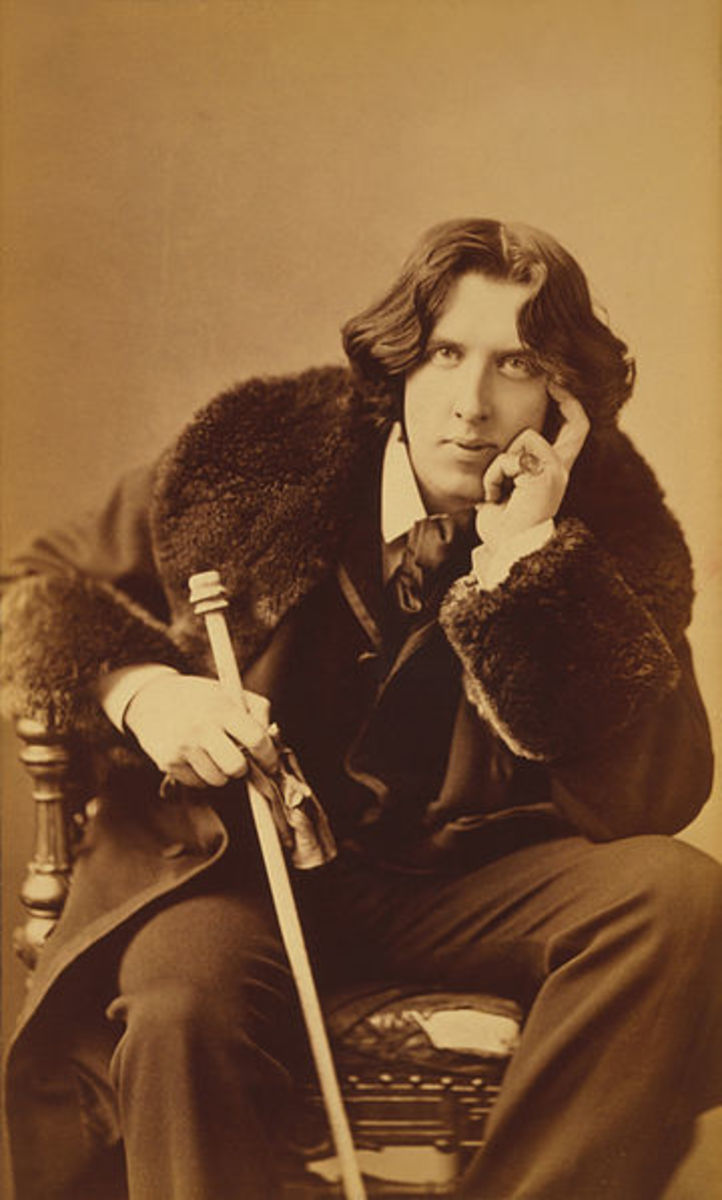Comparative Essay, Culture Pressures on Religion
"Latin Women Pray" by Judith Otriz Cofer and "Some Keep the Sabbath Going to Church" by Emily Dickinson
Culture, no matter where and no matter when, has always played a significant role in influencing it’s community on how to view and practice religion. The poems “Latin Women Pray” by Judith Ortiz Cofer and “Some Keep the Sabbath Going to Church” by Emily Dickinson are excellent examples, written under different time periods and in different circumstances. Despite being written over 120 years apart, these poems show that the fact remains the same: cultures pressure people into acting a certain way, but there are always some who go against the grain and think in new ways.
Emily Dickinson wrote “Some Keep the Sabbath Going to Church” in 1864, during a time period where there was constant religious excitement. Nearly everyone attended a church. Different churches formed, arising from the Protestant movement. Regardless of what religion you were baptized into, it was always necessary to attend a Sunday service as part of what is considered a commandment to keep the Sabbath day holy. The speaker in the poem is, as the title of the poem states, explaining how “Some keep the Sabbath going to Church—“ (1). The speaker disagrees with that method and states a new one, in first person, “I keep it, staying at Home—“ (2). The mention of the poem being written in first person is important because we are able to see inside the mind of someone who is rejecting the cultural expectations, and that gives us a firsthand experience. It is obvious that the speaker believes in God. The theme of the poem isn’t against being Christian, but against Christian churches. The last stanza of the poem shows that the speaker does worship God, but doesn’t agree with organized religions. It says, “God preaches, a noted Clergyman--/And the Sermon is never long/So instead of getting to Heaven, at last--/ I’m going, all along” (9-12). The speaker believes very deeply that, despite the culturally accepted fact that it is necessary to go to a church in order to keep the Sabbath day holy, they, also, will make it to heaven. In the end, this speaker, which differs from the speaker in Cofer’s poem, does believe in God and Christianity, but is against the social norms that are constantly trying to force people to practice religion in a certain way.
In the poem “Latin Women Pray”, written by Judith Ortiz Cofer, we immediately see that the poem is either written in first person, with references towards others, or is simply written in third person. Either way, we only obtain a distant judgment of what the speaker thinks of Latin women that worship God. Traditionally, Latin families are devoutly Catholic. However, Cofer wrote this poem as she was 35, in 1987. She, personally, lived in a time where religion was no longer as commonplace as it was in the case of Dickinson’s poem. The modern movement was moving away from religion. We get this sense of distancing from the speaker of the poem who early on in lines 3 and 4 ridicules the religion by saying, “They pray in Spanish to an Anglo God/With a Jewish heritage.” The speaker isn’t personally involved with the religion, but is simply criticizing the traditional culture values. We see that, unlike the speaker in Dickinson’s poem, this speaker doesn’t believe that God really exists at all from the lines “Imperturbable in his marble pedestal” (6), “Unmoved by their persistent prayers” (10), and “That if not omnipotent/At least he be bilingual” (15-16). This speaker is not objecting to a specific expected practice in the religion, but to the entire expectation to be part of the religion. The speaker does not want to follow in the family’s footsteps and does not believe in their God. Despite living in a time where practicing religion was no longer as normal, the speaker lived in a culture where it was. However, the speaker objects to being pressured into the religion simply because the culture demands.
The two poems, while written in different eras and in different cultures, point in the same direction; Dickinson, writing during a time of religious revivals where everyone in the country was Christian, and Cofer, writing during a more modern period but under the equally imposing Latin culture. The two stories lay out the stresses that cultures apply on people with respect to practicing religion. However, the two speakers have rejected those expectations and have went their own way: one, practicing religion alone in the home, and the other, simply not practicing religion at all.
Works Cited
Cofer, Judith Ortiz. "Latin Women Pray." McMahan, Elizabeth, et al. Literature and the Writing Process. Boston: Pearson, 2005. 654. Print.
Dickinson, Emily. "Some Keep the Sabbath Going to Church." McMahan, Elizabeth, et al. Literature and the Writing Process. Boston: Pearson, 2005. 586. Print.








